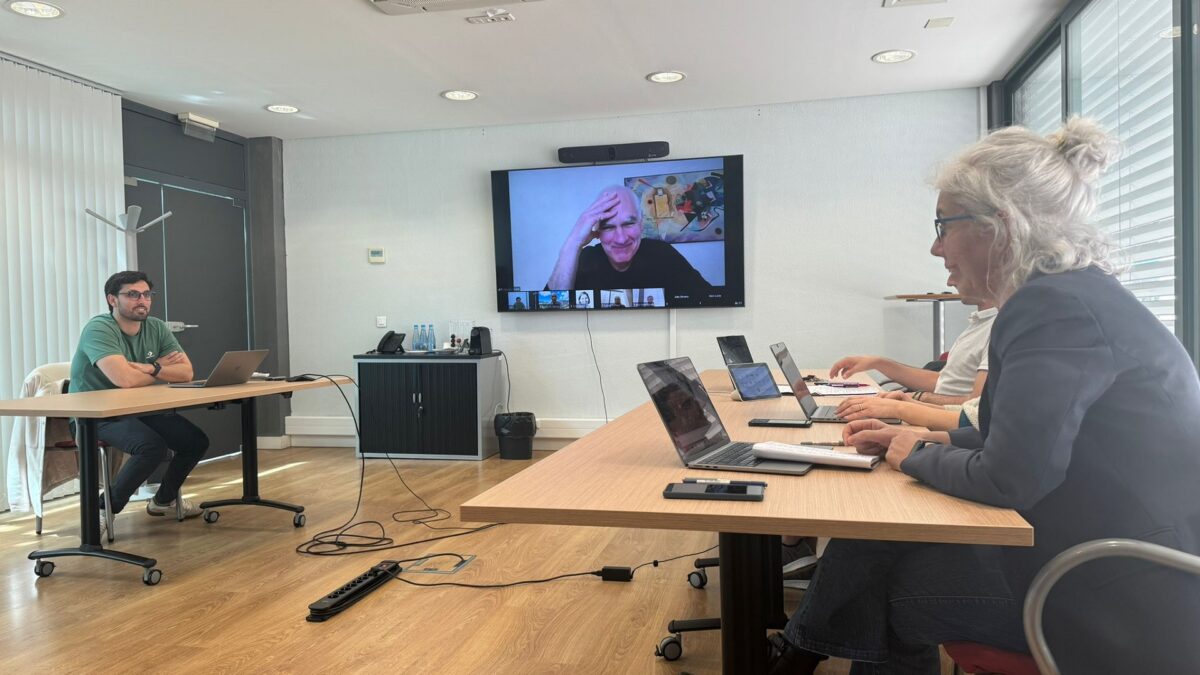
Finding his corner of the beach: Ricardo Rei’s path to an award-winning Ph.D.
When Ricardo Rei started his bachelor’s degree in Computer Science and Engineering, he already knew he wanted to work in AI. But it was the people who led the former INESC-ID researcher to pursue his master’s in dialogue systems and chatbots. Under the supervision of João Graça, Unbabel’s CTO at the time — a company Ricardo discovered during Semana Empresarial e Tecnológica — he came into close contact with automatic translation algorithms. It was then he realised how hard it was to evaluate the quality of chatbots or, as we may put it, to separate the wheat from the chaff.
It soon became clear that this would be the topic of his Ph.D. thesis, titled “Robust, Interpretable and Efficient MT Evaluation with Fine-tuned Metrics.” A thesis he completed in less than the usual four years — and one that has earned strong recognition from both industry and academia through citations, conference presentations, and awards. The latest of these is the Anthony C. Clarke Best Thesis Award by the European Association for Machine Translation (EAMT) — the first time a scientist working in Portugal has received this distinction.
“I am not surprised at all!” says INESC-ID researcher and proud supervisor Luísa Coheur — who co-supervised the work with Alon Lavie from Carnegie Mellon University. “It’s a very robust thesis, with many publications and no fragility,” she adds.
The Cross-lingual Optimized Metric for Evaluation of Translation, or COMET — the most visible outcome of Ricardo’s work — has been widely adopted for evaluating translation engine outputs. It’s now integrated into the Unbabel portfolio, a company specialising in AI-driven translation with human assistance, where Ricardo has worked ever since completing his master’s. He currently holds the position of Senior Research Scientist.
“Our models are public,” he notes, “but if they are being used for commercial purposes, they must be paid for.” COMET is used to determine whether a machine translation needs human review and correction. “It ended up being adopted as the main evaluation metric,” Ricardo explains.
Luísa recalls the same enthusiasm and dedication in Ricardo when he was just a first-year student, crediting that strong connection and drive for his remarkable achievements. As for Ricardo, it’s no surprise he uses a beach metaphor to describe how he completed his Ph.D. so quickly and smoothly: “When I started my Ph.D., I already knew my corner of the beach.” After all, he’s a former surf champion.
The award, named after a former member of EAMT, of “exceptional human qualities”, notes INESC-ID researcher and current President of EAMT, Helena Moniz, will be delivered on a ceremony in June.
